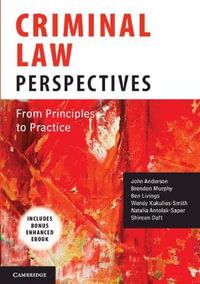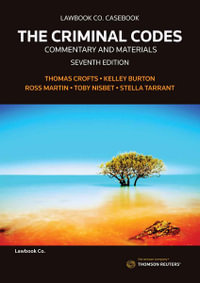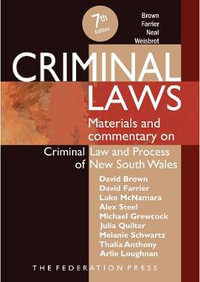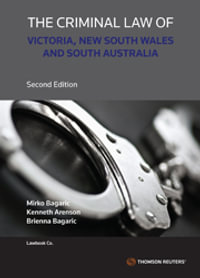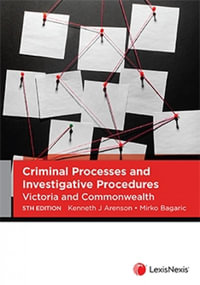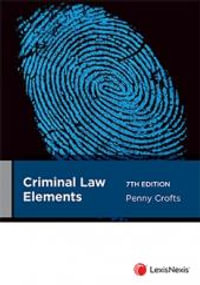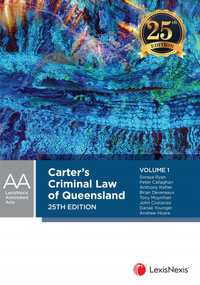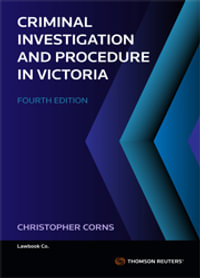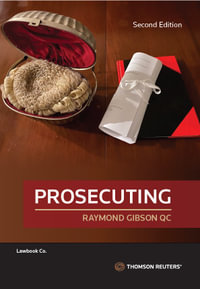
Nazi Saboteurs on Trial
A Military Tribunal and American Law
By: Louis Fisher
Paperback | 1 June 2005 | Edition Number 2
At a Glance
Paperback
$39.70
Aims to ship in 7 to 10 business days
ISBN: 9780700613878
ISBN-10: 0700613870
Series: Landmark Law Cases and American Society
Published: 1st June 2005
Format: Paperback
Language: English
Number of Pages: 204
Audience: Professional and Scholarly
Publisher: University Press of Kansas
Country of Publication: US
Edition Number: 2
Edition Type: Revised
Dimensions (cm): 21.9 x 14.0 x 1.1
Weight (kg): 0.33
Shipping
| Standard Shipping | Express Shipping | |
|---|---|---|
| Metro postcodes: | $9.99 | $14.95 |
| Regional postcodes: | $9.99 | $14.95 |
| Rural postcodes: | $9.99 | $14.95 |
How to return your order
At Booktopia, we offer hassle-free returns in accordance with our returns policy. If you wish to return an item, please get in touch with Booktopia Customer Care.
Additional postage charges may be applicable.
Defective items
If there is a problem with any of the items received for your order then the Booktopia Customer Care team is ready to assist you.
For more info please visit our Help Centre.

